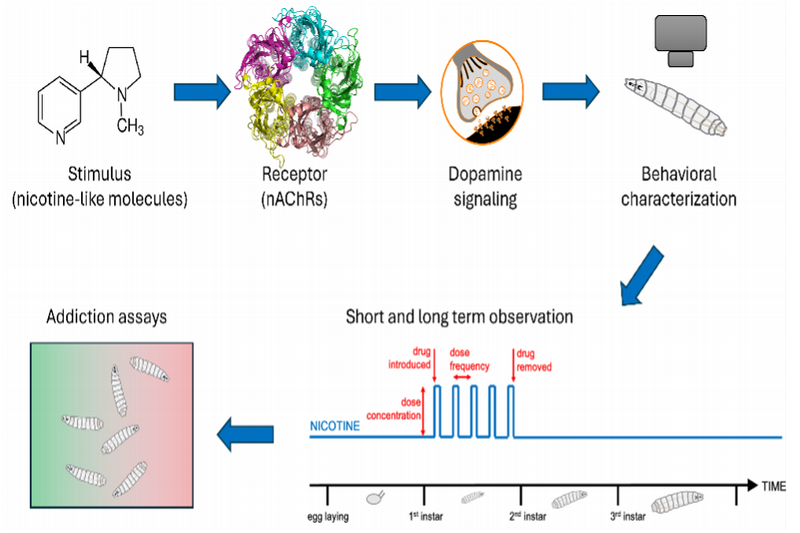- Accessibility Options:
- Skip to Content
- Skip to Search
- Skip to footer
- Office of Disability Services
- Request Assistance
- 305-284-2374
- Display:
- Default
- High Contrast
- Apply
- About UM
- Give to UM
-
Schools
- School of Architecture
- College of Arts and Sciences
- Miami Herbert Business School
- School of Communication
- School of Education and Human Development
- College of Engineering
- School of Law
- Rosenstiel School of Marine, Atmospheric, and Earth Science
- Miller School of Medicine
- Frost School of Music
- School of Nursing and Health Studies
- The Graduate School
- Division of Continuing and International Education
- Alumni
- AI-Driven Mental Health Therapy System (CIFFTA)
- Enhancing Police Responses to Gender-Based Violence in Miami Dade
- A Machine Learning Approach to Sustainable Coding of Measurement-Based Care Fidelity
- MindStep: AI Gait Monitoring of Mental Health
- Unveiling the Amplified Effects of Age on Mental Health in People Living with HIV
- Design of Potent Nicotinic Molecules as Therapeutics for Mental Illnesses
- MENTAL HEALTH GROUPS FOR RACIAL EQUITY
- Identifying, prioritizing and mitigating hotspots at the intersection of mental health, greenness and heat
- Empowering Student Champions to Foster Suicide Awareness and Advocate for Adolescent Emotional Wellbeing
- Enhancing Depression Detection on TikTok: A Multi-model Approach Leveraging ImageBand
- AI-Driven Mental Health Therapy System (CIFFTA)
- Enhancing Police Responses to Gender-Based Violence in Miami Dade
- A Machine Learning Approach to Sustainable Coding of Measurement-Based Care Fidelity
- MindStep: AI Gait Monitoring of Mental Health
- Unveiling the Amplified Effects of Age on Mental Health in People Living with HIV
- Design of Potent Nicotinic Molecules as Therapeutics for Mental Illnesses
- MENTAL HEALTH GROUPS FOR RACIAL EQUITY
- Identifying, prioritizing and mitigating hotspots at the intersection of mental health, greenness and heat
- Empowering Student Champions to Foster Suicide Awareness and Advocate for Adolescent Emotional Wellbeing
- Enhancing Depression Detection on TikTok: A Multi-model Approach Leveraging ImageBand




